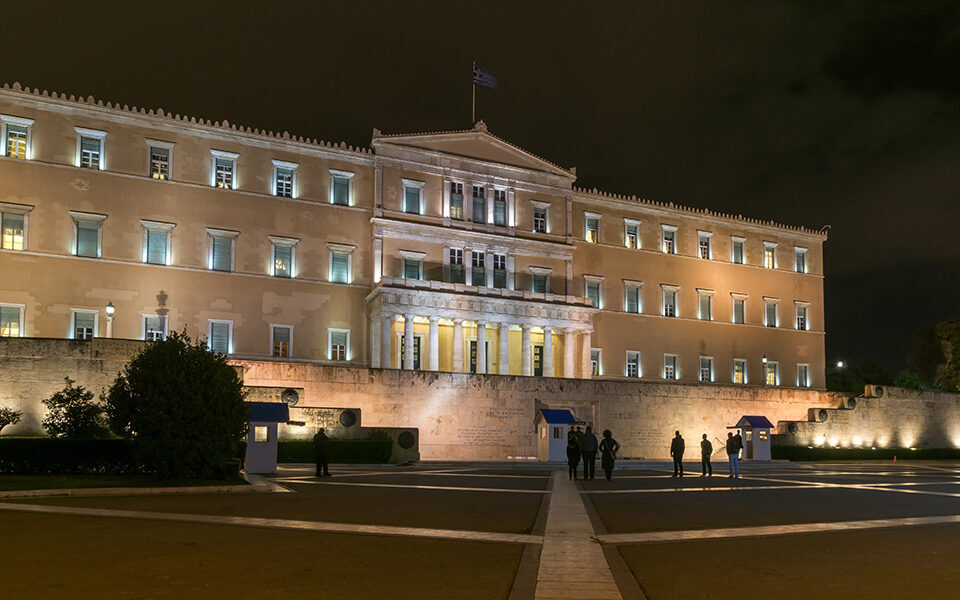Only 3 in 10 state entities turn off lights

Only 798 state entities out of a total of 2,776 in Greece have designated a so-called “energy officer” to implement a government plan to cut energy consumption in the public sector, state agencies and local government and help deal with the energy crisis.
The government announced a plan in June that would see government buildings cut the use of air conditioning and heating, install windows, and turn off computers after working hours to slash energy consumption by 10% in the short term.
State entities that fail to implement the plan will risk losing funding that would help them cover their energy bills, which came in at about 700 million euros last year, Deputy Finance Minister Thodoros Skylakakis said in June.
Appointing a person to oversee the effort is a first step in saving energy, since the specific employees will be responsible for a series of actions aimed at limiting the use of electricity in state agencies. Among those that have not appointed an energy officer are the Parliament, the General Secretariat of Information and Communication, the state-run news agency AMNA and the government’s General Secretariat of Coordination. Parliament sources told Kathimerini the relevant procedures have begun and will be completed “within days.”
Another 126 out of a total of 325 municipalities have also not appointed an energy manager, along with many state-run development companies, municipal legal entities, and the majority of school boards.
Sources of the Interior Ministry told Kathimerini the appointment of an energy and and administrative officer should have been done “yesterday.”
For 2022 the government had budgeted the cost of electricity at 700 million euros, however it seems to have already exceeded 1 billion euros. The increase is due to the jump in electricity prices and government sources told Kathimerini this hike cannot be covered through savings, as “to remain at the budgeted levels we would have to have savings of 30%-50%.”
However, it is necessary to limit electricity consumption in the public sector both for practical purposes and because the State must set an example for citizens and businesses, the same source said.





